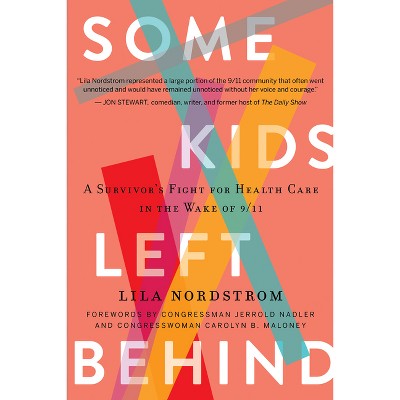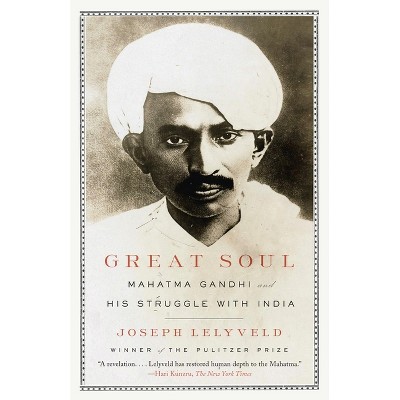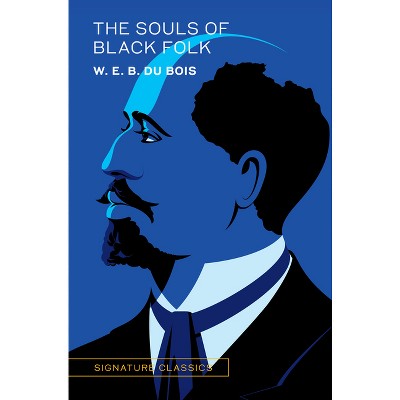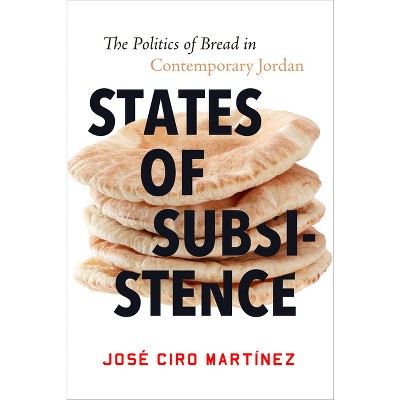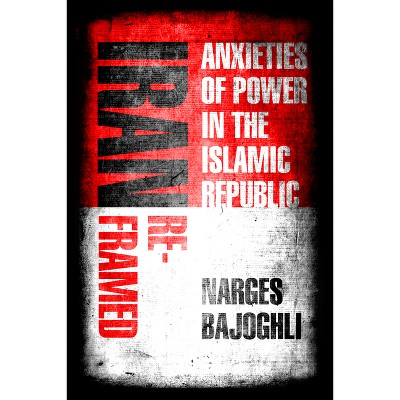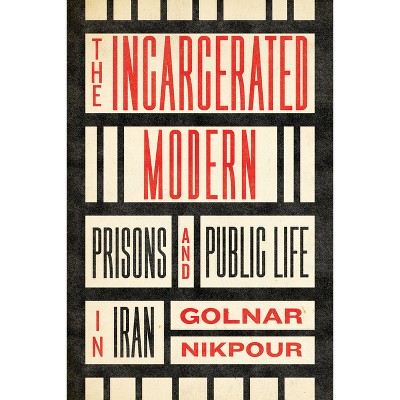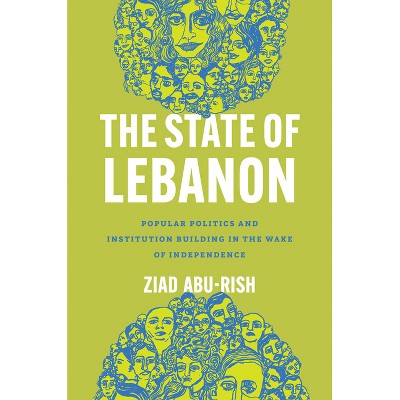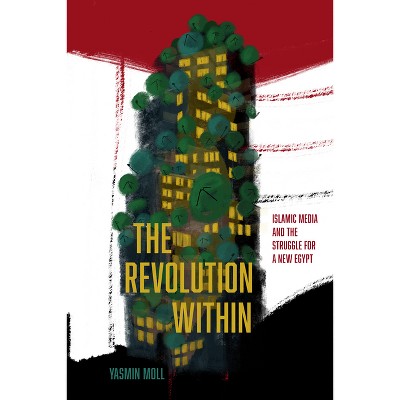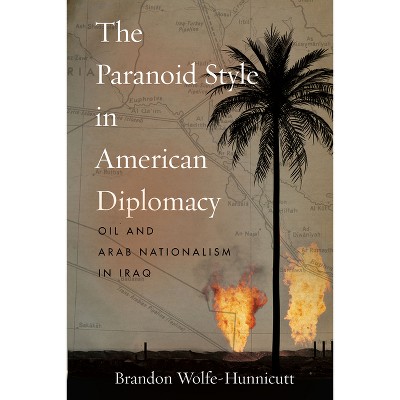Sponsored

Colorblind - (Stanford Studies in Middle Eastern and Islamic Societies and) by Amy Motlagh
Pre-order
Sponsored
About this item
Highlights
- With this book, Amy Motlagh considers how racial thinking underpins cultural practices in Iran and the Iranian diaspora.
- About the Author: Amy Motlagh is Associate Professor and Bita Daryabari Presidential Chair in Persian Language and Literature at the University of California, Davis.
- 280 Pages
- History, Middle East
- Series Name: Stanford Studies in Middle Eastern and Islamic Societies and
Description
About the Book
"With this book, Amy Motlagh considers how racial thinking underpins cultural practices in Iran and the Iranian diaspora. Despite cultural traditions depicting black people and the documented presence of black Iranians, many have insisted that race is not an important aspect of Iranian culture, that "blackness" does not exist in Iran. Instead, it is the notion of being "Persian" that binds all Iranians together. But, as Motlagh argues, the word "Persian" masks a long racial history that depends on the specter of blackness to define what is truly Iranian. Colorblind critically examines how these concepts express themselves in folklore, ethnography, literature, and films to show how understandings of race and slavery have moved from home country to host, and from host to home. In particular, ambivalence surrounding the concepts of "race" and "blackness" prevents Iranians from fully interrogating their own racial thinking, even while some diasporic Iranians position themselves as racially liminal and non-white. By closely examining these efforts, as well as the cultural and historical foundations they were built on, this book reveals how ideas about race and slavery in Iran have forged a specific conception of modern Iranian cultural identity"-- Provided by publisher.Book Synopsis
With this book, Amy Motlagh considers how racial thinking underpins cultural practices in Iran and the Iranian diaspora. Despite cultural traditions depicting black people and the documented presence of black Iranians, many have insisted that race is not an important aspect of Iranian culture, that "blackness" does not exist in Iran. Instead, it is the notion of being "Persian" that binds all Iranians together. But, as Motlagh argues, the word "Persian" masks a long racial history that depends on the specter of blackness to define what is truly Iranian.
Colorblind critically examines how these concepts express themselves in folklore, ethnography, literature, and films to show how understandings of race and slavery have moved from home country to host, and from host to home. In particular, ambivalence surrounding the concepts of "race" and "blackness" prevents Iranians from fully interrogating their own racial thinking, even while some diasporic Iranians position themselves as racially liminal and non-white. By closely examining these efforts, as well as the cultural and historical foundations they were built on, this book reveals how ideas about race and slavery in Iran have forged a specific conception of modern Iranian cultural identity.
Review Quotes
"Colorblind charts exciting new territory in the cultural history of race and slavery in Iran and the Iranian diaspora. Drawing on literature, cinema, folklore, and ethnography, it exposes the roots of Iran's imagined racial exceptionalism."--Nasrin Rahimieh, University of California, Irvine
"Colorblind is a provocative examination of how race is conceptualized in the cultural, historical, and intellectual production of Iran and its diaspora. Lucid and comprehensive, this book confronts major tensions in Iranian Studies and offers a synthesizing intervention--one that scholars will debate and build on for years to come."--Neda Maghbouleh, University of British Columbia
"Amy Motlagh brilliantly considers how Iranian diaspora identity has emerged within an American racial landscape whose entanglements she examines with critical rigor and clarity. Colorblind expands readers' understanding and appreciation of the circulation of ideas about blackness, and challenges scholars to rethink the ways that national identity is always a racial project." --Ira Dworkin, Texas A&M University
About the Author
Amy Motlagh is Associate Professor and Bita Daryabari Presidential Chair in Persian Language and Literature at the University of California, Davis. She is the author of Burying the Beloved: Marriage, Realism, and Reform in Modern Iran (Stanford, 2011).
